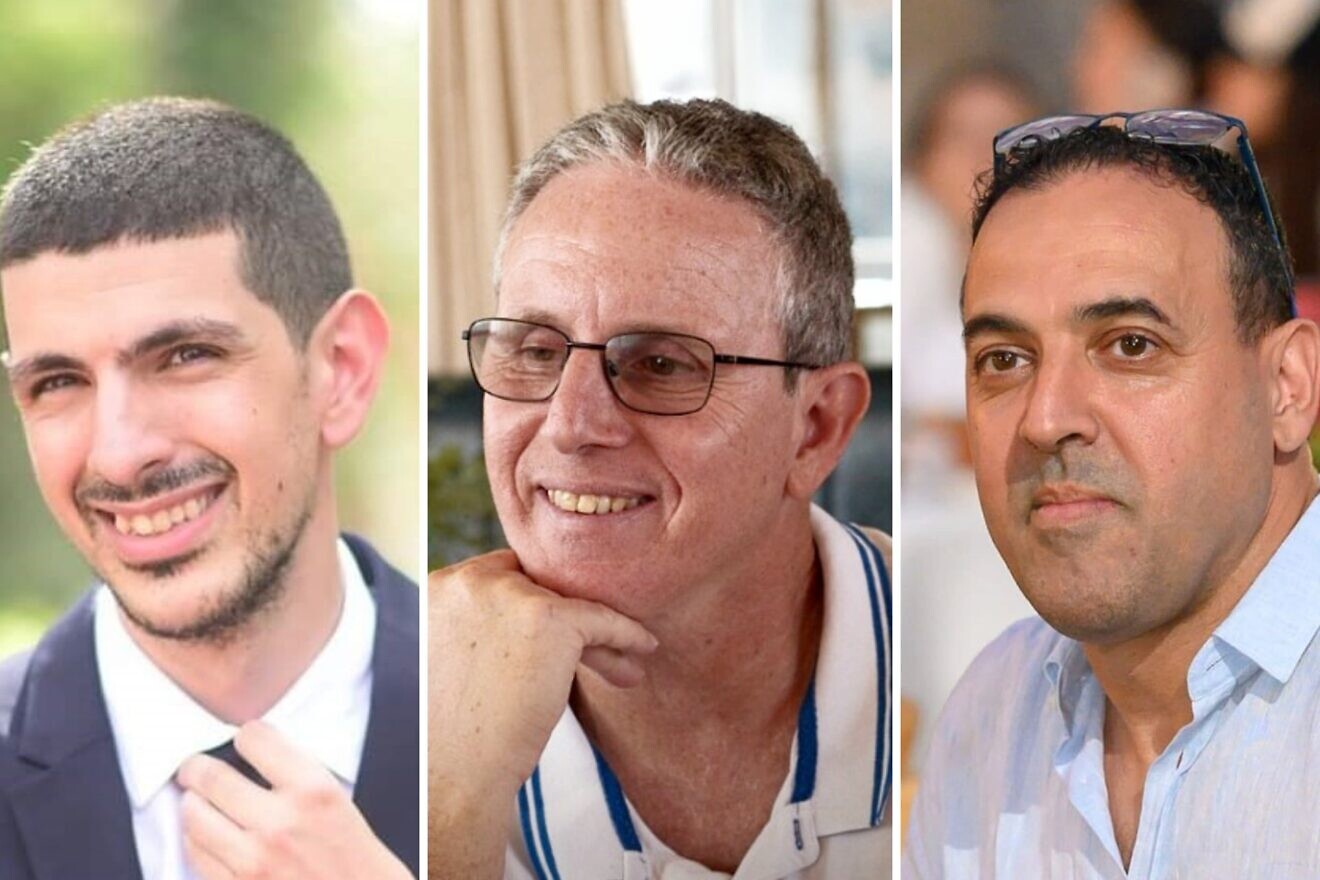After nearly 16 months in captivity, three Israeli hostages, Eli Sharabi (52), Ohad Ben Ami (56), and Or Levy (34), were freed by Hamas and returned to Israel. Their release was part of a prisoner exchange agreement, which also included 183 Palestinian prisoners being freed from Israeli custody. However, the condition of the Israeli hostages upon their return has sparked widespread outrage.
The three men were abducted on October 7, 2023, during the Hamas-led attack on Israel. Sharabi and Ben Ami were taken from Kibbutz Be’eri, while Levy was kidnapped from the Supernova music festival near Kibbutz Re’im. Tragically, all three suffered severe personal losses. Sharabi’s wife and two daughters were killed during the attack, and his brother Yossi, also taken hostage, was later declared dead in captivity. Levy’s wife was murdered at the festival, leaving their young son in the care of relatives. Ben Ami’s wife, Raz, was released in a previous hostage exchange in November 2023.
Upon their release, the three hostages were paraded through the streets of Deir al-Balah in Gaza, a move condemned by Israeli leaders. Their frail appearance, marked by significant weight loss and signs of malnutrition, shocked the Israeli public. President Isaac Herzog called it “a crime against humanity,” while Prime Minister Benjamin Netanyahu reaffirmed Israel’s commitment to securing the release of all remaining captives. The Israeli Health Ministry confirmed that the men suffered from severe malnutrition, with doctors reporting a significant drop in body weight.
The release was part of a ceasefire deal brokered by Qatar, Egypt, and the United States, which has led to the release of 21 Israeli hostages since January 19, 2025, in exchange for over 700 Palestinian prisoners. While the agreement has provided a temporary pause in fighting, tensions remain high, with concerns over aid delivery delays to Gaza and disputes over further prisoner exchanges.
The Israeli military has continued operations in Gaza to locate and secure the release of additional hostages still being held. Intelligence reports indicate that some hostages have been moved between locations to evade detection. The Red Cross has been involved in attempting to verify the well-being of those still in captivity, though access has been limited.
International pressure has increased on Hamas to release the remaining hostages unconditionally, with world leaders calling for greater humanitarian oversight. Reports suggest that ongoing negotiations include discussions about potential further prisoner swaps and security guarantees to ensure safe transfers.
The situation remains fluid as Israeli security forces assess the risks of further military action while balancing diplomatic efforts to recover the remaining hostages.






